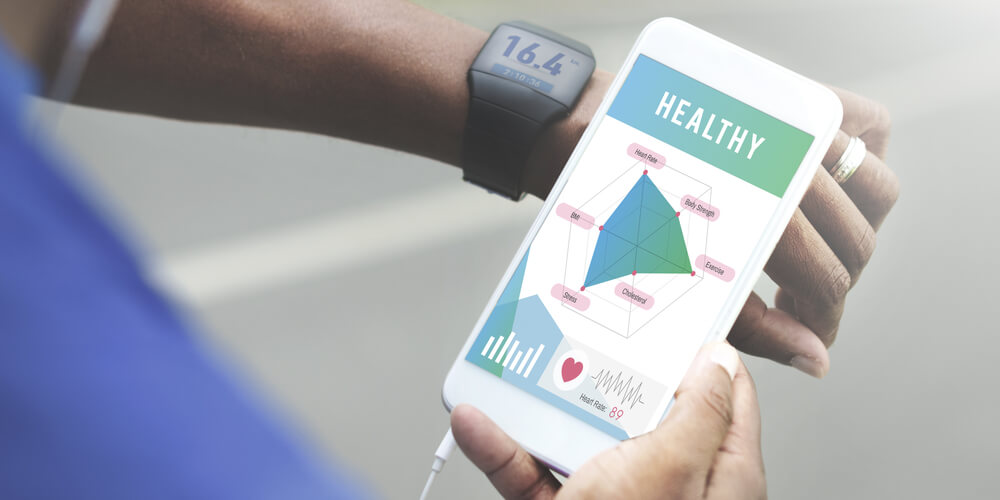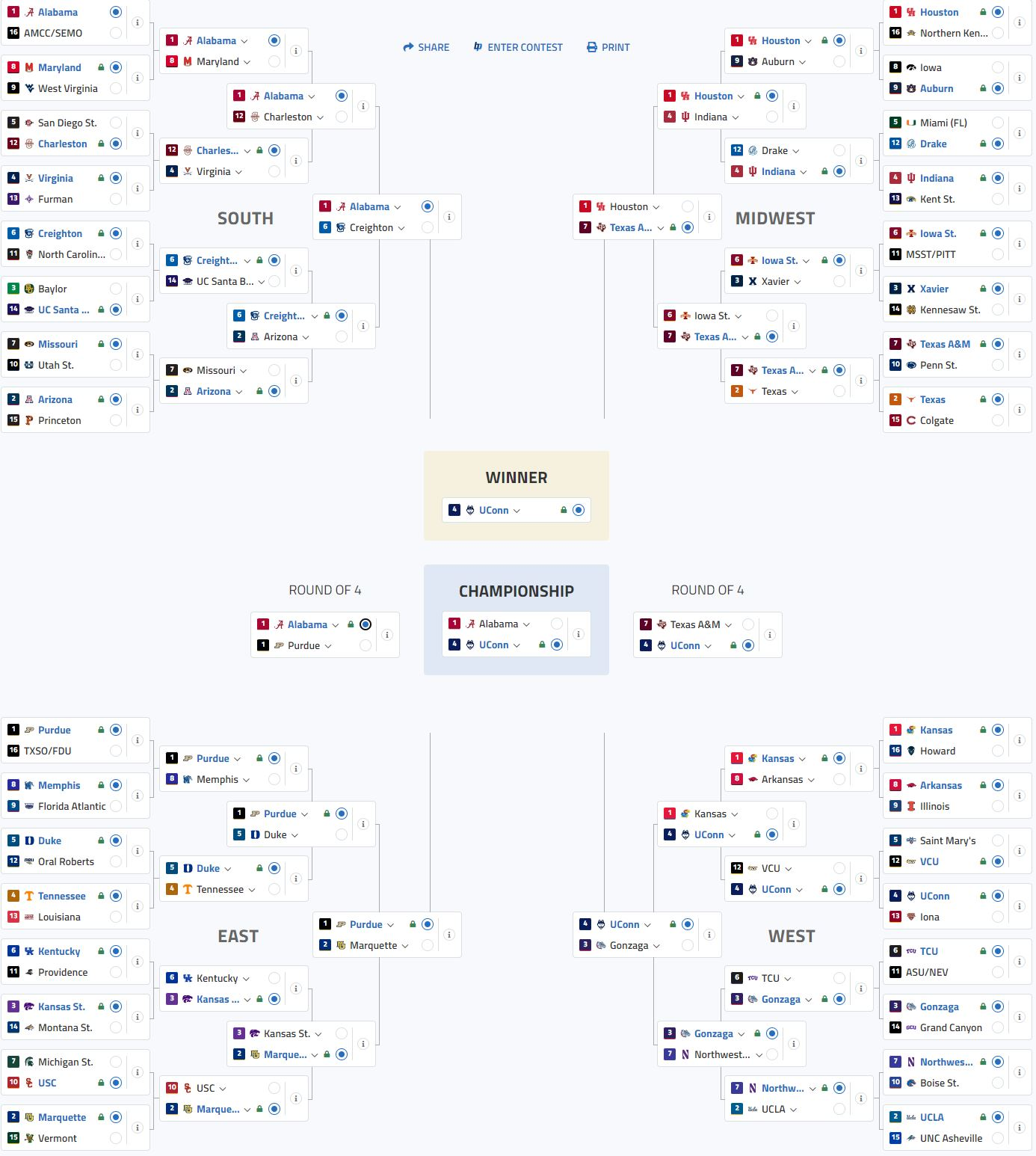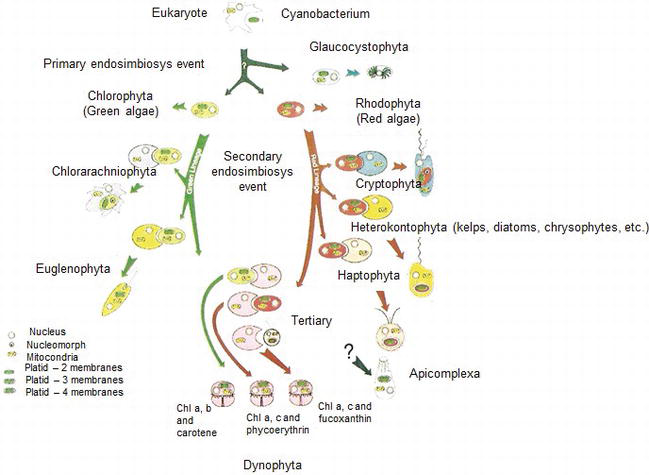Healthcare apps for cancer patients are revolutionizing the way individuals manage their treatment and recovery, serving as innovative tools that provide vital support during a challenging journey. With algorithms designed to customize assistance in real-time, these cancer support apps utilize the latest advancements in AI healthcare technology to adapt to each patient’s unique needs. By employing techniques like reinforcement learning in healthcare, these mobile health apps enhance medication adherence and overall well-being through personalized interventions. For instance, technologies offering just-in-time adaptive intervention can deliver crucial reminders and motivational prompts when patients need them most. Ultimately, these applications not only facilitate better health outcomes but also empower cancer patients to take control of their healthcare experience by making informed decisions at pivotal moments.
Applications designed for cancer care, often referred to as mobile health solutions or cancer management tools, are playing an essential role in today’s digital healthcare landscape. Utilizing advanced computational methods like reinforcement learning, these platforms aim to provide tailored support that meets the specific challenges faced by patients battling cancer. The concept of just-in-time adaptive intervention is particularly significant, as it allows these apps to respond dynamically to patients’ real-time needs, enhancing engagement and compliance. Moreover, as artificial intelligence continues to shape the future of healthcare technology, the potential for these apps to transform patient experiences becomes increasingly apparent. Thus, cancer support applications represent not just a technological innovation, but a vital partner in the health journeys of those affected by cancer.
Innovative Mobile Health Apps for Cancer Patients
Mobile health apps for cancer patients have revolutionized the way individuals manage their treatment and recovery processes. These applications leverage advanced algorithms and machine learning techniques to provide tailored support for patients navigating complex health regimens. Unlike traditional healthcare solutions, these apps offer real-time insights and adaptive interventions, ensuring that patients receive personalized care precisely when they need it. This approach not only improves medication adherence but also enhances the overall treatment experience, helping patients feel more in control of their health journey.
By utilizing features such as medication reminders, progress tracking, and motivational prompts, cancer support apps empower patients to take an active role in their recovery. The algorithms behind these applications, often grounded in reinforcement learning, continually refine their strategies based on user interactions. This means that as patients engage with the app, it learns and evolves, adapting to their needs and improving the relevance of the support it provides. For cancer patients facing the challenges of treatment, these applications can serve as invaluable tools in managing their health effectively.
AI Healthcare Technology: Transforming Patient Care
AI healthcare technology is transforming patient care by integrating sophisticated algorithms and data analytics into everyday medical practices. This innovation is particularly beneficial for chronic condition management, where constant monitoring and adaptive interventions are crucial for patient success. Cancer patients, in particular, benefit from this technology, as it enables personalized recommendations and support that can significantly improve adherence to treatment protocols. By harnessing AI, healthcare providers can offer timely interventions, ensuring that patients receive the guidance they need at critical moments.
Moreover, these advanced systems go beyond mere tracking; they utilize predictive analytics to anticipate patient needs and adjust care plans accordingly. This is especially relevant in the context of just-in-time adaptive intervention (JITAI), where the right support is delivered at the right time based on the patient’s unique circumstances. With applications designed for cancer care, AI healthcare technology is becoming a cornerstone of personalized medicine, ultimately leading to improved outcomes and enhanced patient experiences.
Reinforcement Learning in Healthcare: A Game Changer
Reinforcement learning is emerging as a game changer in the healthcare landscape, especially in the management of complex conditions like cancer. By enabling algorithms to learn from past interactions and adapt their recommendations, this technology empowers healthcare apps to provide personalized support that evolves with the patient’s journey. For cancer patients, this means that their digital health applications can respond to their changing needs in real time, optimizing medication adherence and improving overall health outcomes.
The application of reinforcement learning in healthcare goes beyond medication reminders; it encompasses a wide array of interventions that adjust based on patient behavior. This could include providing motivational prompts or modifying communication strategies, ensuring that each interaction is relevant and supportive. As healthcare apps harness these techniques, they set a new standard for patient engagement and care management, ultimately leading to more effective treatments and enhanced quality of life for cancer survivors.
The Role of Just-in-Time Adaptive Intervention (JITAI) in Cancer Treatment
Just-in-time adaptive intervention (JITAI) offers a dynamic approach to healthcare by providing support exactly when patients need it. In the context of cancer treatment, this model becomes particularly powerful, as patients often face fluctuating health statuses and unique challenges during their recovery. By integrating JITAI into mobile health apps, developers ensure that patients receive timely interventions tailored to their specific circumstances, enhancing their ability to manage treatment effectively.
This adaptive approach means that instead of generic reminders, patients receive notifications designed to resonate with their immediate situation, whether that involves medication prompts or encouraging them to reach out to their support network. For cancer patients, this level of personalization could mean the difference between stressful disorganization and a well-structured treatment plan, ultimately resulting in better health outcomes and improved adherence to prescribed regimens.
Enhancing Patient-Caregiver Relationships Through Technology
The relationship between patients and caregivers plays a critical role in the management of chronic conditions, particularly cancer. Advances in healthcare apps are facilitating stronger connections through features that promote collaboration and communication. By leveraging technology, these applications enable caregivers to access essential data regarding medication schedules and health updates, making it easier to support the patient effectively. This integrative approach helps ensure that patients adhere to their treatment while feeling supported by their caregivers.
Moreover, the introduction of interactive features, such as social games or shared goal settings, fosters a sense of teamwork between patients and caregivers. This not only enhances the therapeutic relationship but also encourages accountability, as both parties work together towards shared objectives. As mobile health apps continue to evolve, their potential to strengthen these vital relationships will be crucial in supporting cancer patients through their recovery journeys.
The Impact of Mobile Health Apps on Medication Adherence
Mobile health apps have significantly impacted medication adherence, particularly for cancer patients who often manage complex regimens. By utilizing reminders, tracking systems, and tailored feedback, these applications empower patients to stay on course with their prescriptions. The incorporation of adaptive interventions ensures that the information provided is timely and relevant, which is crucial for individuals facing treatment side effects. Enhanced adherence leads not only to better health outcomes but also to a reduction in hospital readmissions.
Furthermore, these apps engage patients in their healthcare in meaningful ways, helping them to understand their treatment plans and the importance of strict adherence. As technology continues to advance, the integration of smartphone health applications into standard care practices is becoming increasingly common, promising to enhance overall patient outcomes through improved medication compliance.
The Future of AI-Powered Cancer Care
The future of AI-powered cancer care looks promising, with innovations in computational algorithms poised to transform how patients receive treatment. These advancements not only allow for greater personalization but also enable healthcare providers to analyze vast amounts of data to extract insights that were previously unattainable. The focus on mobile health apps means that support can be continuous and responsive, enhancing the management of care through a patient-centered lens.
As AI technology evolves, we can expect more sophisticated applications to emerge that offer comprehensive support throughout the cancer treatment journey. By combining predictive analytics with real-time feedback, these apps will continue to empower patients, thereby improving quality of life and increasing the effectiveness of treatment protocols. This represents not just a shift in technology but a significant leap forward in the holistic care of cancer patients.
Challenges and Innovations in Cancer Support Applications
Despite the promising developments in cancer support applications, there are challenges that must be addressed to fully realize their potential. Issues such as data privacy, user engagement, and algorithm accuracy remain prevalent in the deployment of these technologies. Ensuring that patients feel secure about sharing their health information while providing a seamless user experience is crucial for the widespread adoption of these apps. Moreover, developers must continuously refine algorithms to enhance their responsiveness and relevance.
On the innovation front, collaborations between technologists, healthcare professionals, and patients provide a roadmap for overcoming these challenges. By gathering feedback directly from users, developers can better understand the needs and concerns of cancer patients and caregivers. This collaborative approach will foster innovations that not only enhance the functionality of mobile health apps but also ensure that they remain aligned with the evolving landscape of cancer care.
Cancer Support Apps: Bridging Gaps in Traditional Healthcare
Cancer support apps are rapidly becoming essential tools that bridge the gaps often found in traditional healthcare settings. These apps provide patients with round-the-clock access to support, resources, and personalized care that can be difficult to find during standard office hours. By enhancing communication between patients and healthcare providers through features like messaging and telehealth consultations, these applications ensure that patients feel connected and supported throughout their treatment journeys.
Additionally, by relying on algorithms and AI technology, these apps offer a level of customization that traditional healthcare methods may not be able to provide. This ensures that each patient’s unique needs are addressed, creating a more tailored approach to cancer care. As mobile health apps continue to gain traction, they represent a crucial evolution in how patients manage their health, providing them with the tools necessary to navigate their conditions effectively.
Frequently Asked Questions
What role do healthcare apps for cancer patients play in medication adherence?
Healthcare apps for cancer patients are designed to enhance medication adherence by providing personalized reminders and support. These applications utilize AI healthcare technology and reinforcement learning algorithms to adapt to each patient’s needs, ensuring timely notifications and motivational prompts that encourage patients to stick to their prescribed regimens.
How do cancer support apps help improve patient-caregiver relationships?
Cancer support apps are instrumental in improving patient-caregiver relationships by offering features such as messaging and collaborative activities. For instance, the ADAPTS HCT app includes interactive strategies to engage both patients and their caregivers, fostering communication and teamwork essential for effective health management.
What is just-in-time adaptive intervention in cancer healthcare apps?
Just-in-time adaptive intervention is a sophisticated approach used in healthcare apps for cancer patients that delivers support at critical moments based on real-time data. This method enables the app to provide tailored interventions that can adjust according to the patient’s immediate circumstances and changing needs, thereby enhancing overall care and adherence.
Can mobile health apps reduce the side effects of cancer treatment?
While mobile health apps cannot directly reduce the side effects of cancer treatment, they can significantly help manage these effects by offering personalized strategies and real-time support. By utilizing features such as symptom tracking and prompt reminders for medication, healthcare apps for cancer patients help users cope more effectively with treatment-related challenges.
How do AI healthcare technologies enhance the functionality of cancer support apps?
AI healthcare technologies enhance the functionality of cancer support apps by enabling the development of algorithms that learn from user interactions. This results in personalized recommendations and adjustments to treatment plans, ensuring a more tailored healthcare experience that meets the unique needs of cancer patients.
What is the significance of reinforcement learning in cancer healthcare apps?
Reinforcement learning is significant in cancer healthcare apps as it allows the software to adapt its responses based on previous user behaviors. This machine learning approach ensures that the interventions delivered to cancer patients remain relevant and timely, ultimately driving better adherence to medication and healthier choices.
How can mobile health apps provide psychological support for cancer patients?
Mobile health apps designed for cancer patients can provide psychological support by offering motivational tools, relaxation exercises, and connection with support networks. Their capacity to offer real-time feedback and encouragement contributes to improving patients’ mental well-being throughout their treatment journey.
What are the benefits of using cannabis user apps alongside cancer treatment?
Cannabis user apps, which are part of the healthcare apps for cancer patients landscape, can guide patients in safely managing cannabis consumption to alleviate symptoms related to cancer treatments. These apps track usage patterns and provide tailored advice, which can help mitigate potential side effects while ensuring effective symptom management.
| Key Points |
|---|
| Cancer patients face challenges in medication adherence and recovery, especially after stem cell transplants. |
| Susan Murphy’s lab develops healthcare apps using advanced algorithms to support cancer patients and others. |
| These apps provide personalized, real-time support unlike traditional health apps. |
| The ADAPTS HCT app focuses on stem cell transplant patients, improving caregiver support and medication management. |
| The app adjusts prompts based on patient interactions to provide timely reminders and support. |
| Other projects from the lab include MiWaves for cannabis use reduction and Oralytics for improving dental hygiene. |
Summary
Healthcare apps for cancer patients are revolutionizing the way individuals manage their health during recovery. By utilizing advanced algorithms and artificial intelligence, these apps provide personalized support tailored to the unique challenges faced by cancer patients. The apps not only help in adhering to medication regimens but also enhance communication between patients and caregivers, ultimately fostering a supportive environment crucial for successful recovery. As these technologies evolve, they promise to act as pocket coaches, empowering patients to navigate their healthcare journey more effectively.



